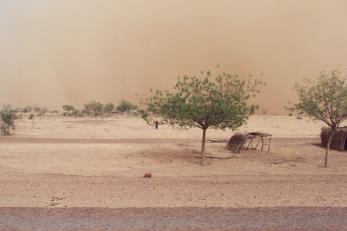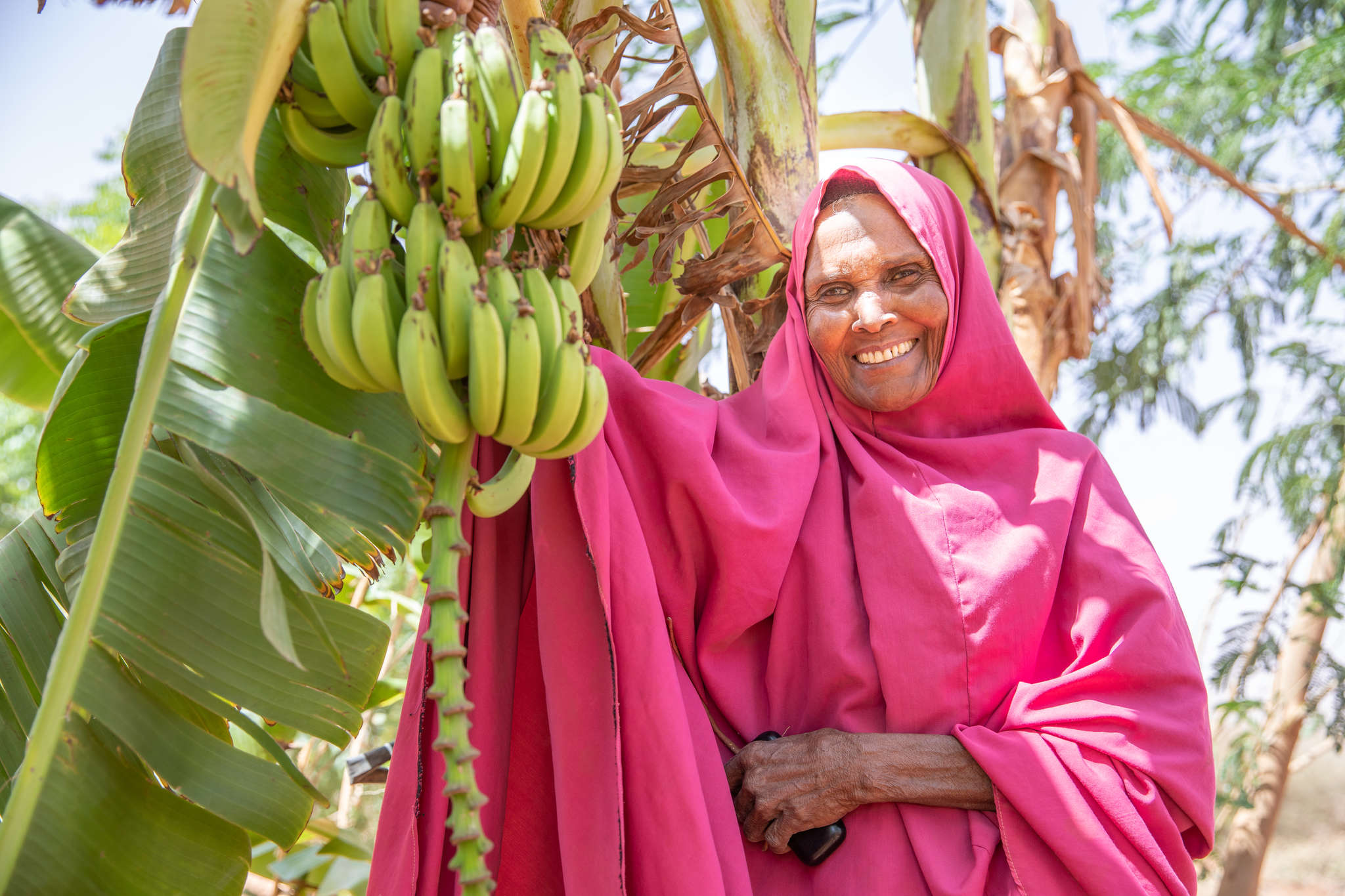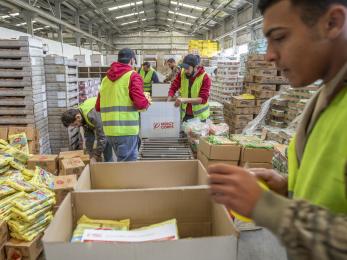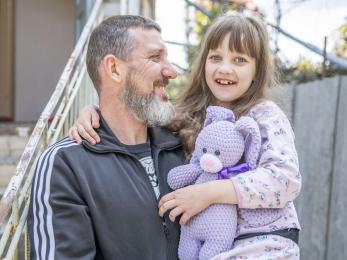Life without rain

“It’s hot!” I said.
“No it’s not," replied one of our Niger team members. "You should have been here in late March or April. That’s when it was really hot.”
“Really? So 106 degrees Fahrenheit isn’t as hot as it gets?”
“No. Now that we are meant to be entering the rainy season, it has cooled off.”
But will the rains come when they are supposed to? That is the question on everyone’s minds in Niger and throughout West Africa’s Sahel region. Just south of the Sahara desert and stretching across eight countries from west to east, the Sahel has been hit by increasingly frequent droughts over the past 10 years. It simply does not rain, and harvests fail, leaving people with less and less to eat.
Reports estimate that 18 million people are at risk for starvation — 6 million need immediate assistance in Niger alone. People are literally scraping by, foraging for wild seeds and roots, as they hope the rains start this month as they are supposed to. What can they eat to survive today? Will there be more food after the next harvest in October?
I recently had the chance to see Mercy Corps’ work in Niger firsthand.
After a particularly devastating 2011, the region is struggling through the worst hunger crisis in decades.
Our teams are distributing emergency cash to hungry families, providing temporary work and income to those who can help repair wells and prepare the land for planting, supporting community gardens that offer a new source of food, and helping mothers get care for their starving children.
In the village of Kossey, in western Niger, I spoke with a family who lived not far from the banks of the Niger River — yet the land near their house was dusty and dry, fractured with deep cracks after months with no moisture. The man couldn’t grow enough even in a good year to feed his three daughters and the grandchildren who live with him. They are lucky to receive a ration for one of the children through the World Food Program, but that is not meant to feed eight members of the family. They didn’t look good. While they hope for rain, they are also cautious — last year, too much came at the wrong time, and they had to leave their home after the entire area flooded. They are definitely living on the edge.
And they aren’t alone. As we drove through a giant sandstorm (which are becoming more severe as changing climate conditions cause more droughts) not far from the border with Mali, I saw women and children gathering leaves from trees to boil and eat; they don’t have anything else.
Niger is a beautiful country with a vibrant culture. But droughts this severe transcend the status quo; children are malnourished, families don’t have food, people are dying.
When I returned home from seeing the desperate conditions in Niger, my wife and I talked to our almost-7-year-old son Harlan about my trip. We asked him if he wanted to ask friends to make a donation to Mercy Corps’ efforts in Niger rather than getting presents for his upcoming soccer birthday party. He didn’t hesitate to say yes.
I don’t think Harlan made the decision out of pity. He made it because he’s a kid and wanted to help other kids in the world. It reminded me how simple that choice can be — but what a life-changing impact that can make thousands of miles away.
We can't make the rains come when they are supposed to. But Mercy Corps is on the ground helping people survive in its absence and build their ability to protect and make the most of the water that they have.


